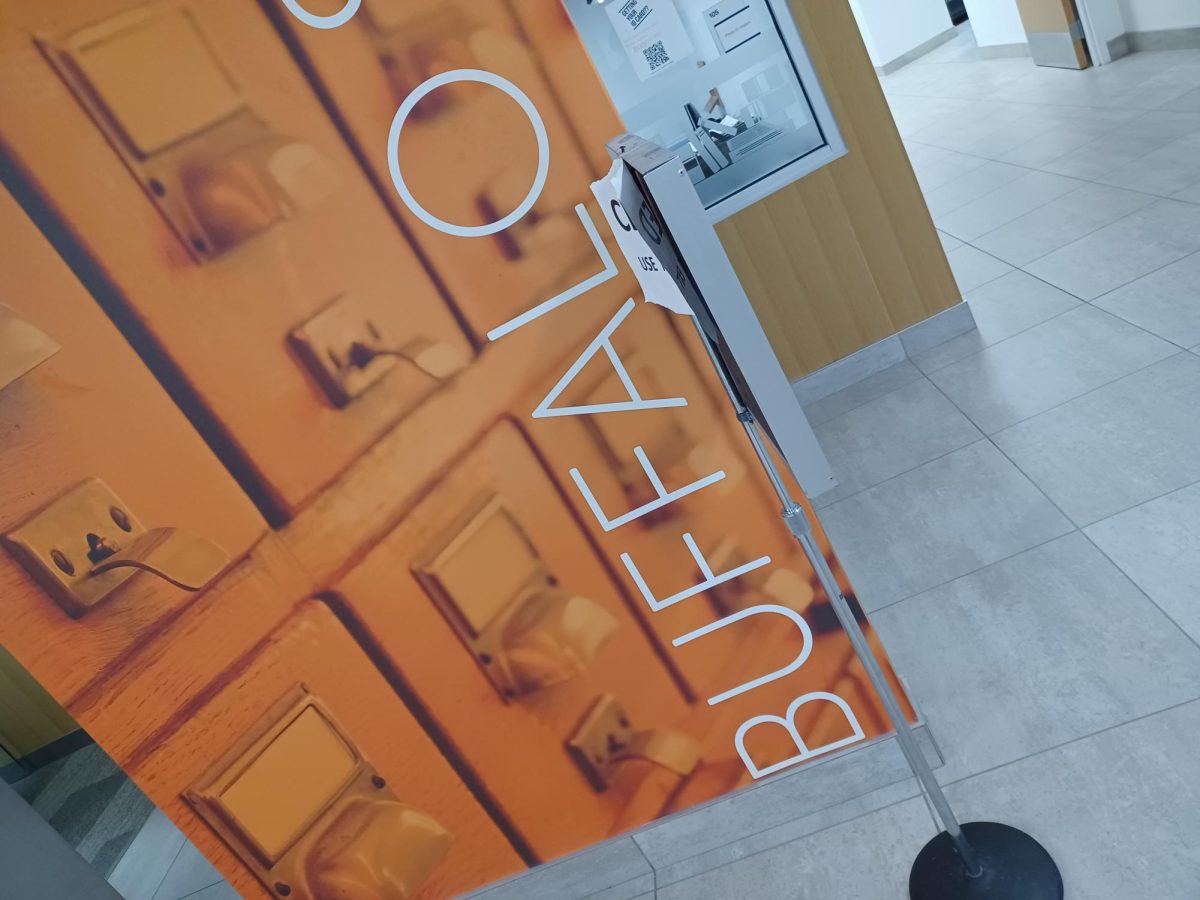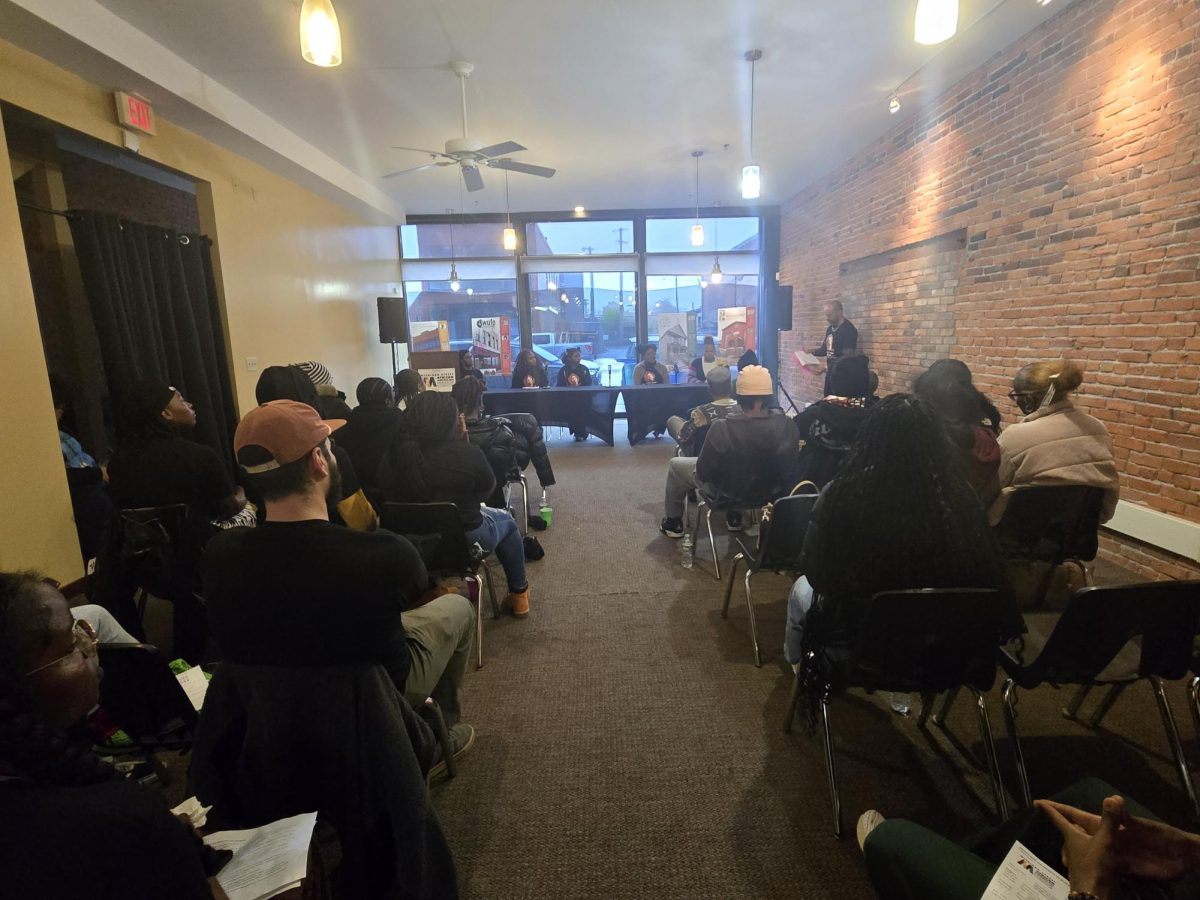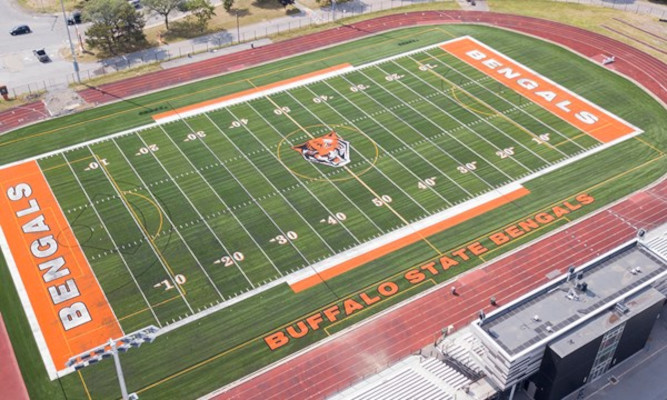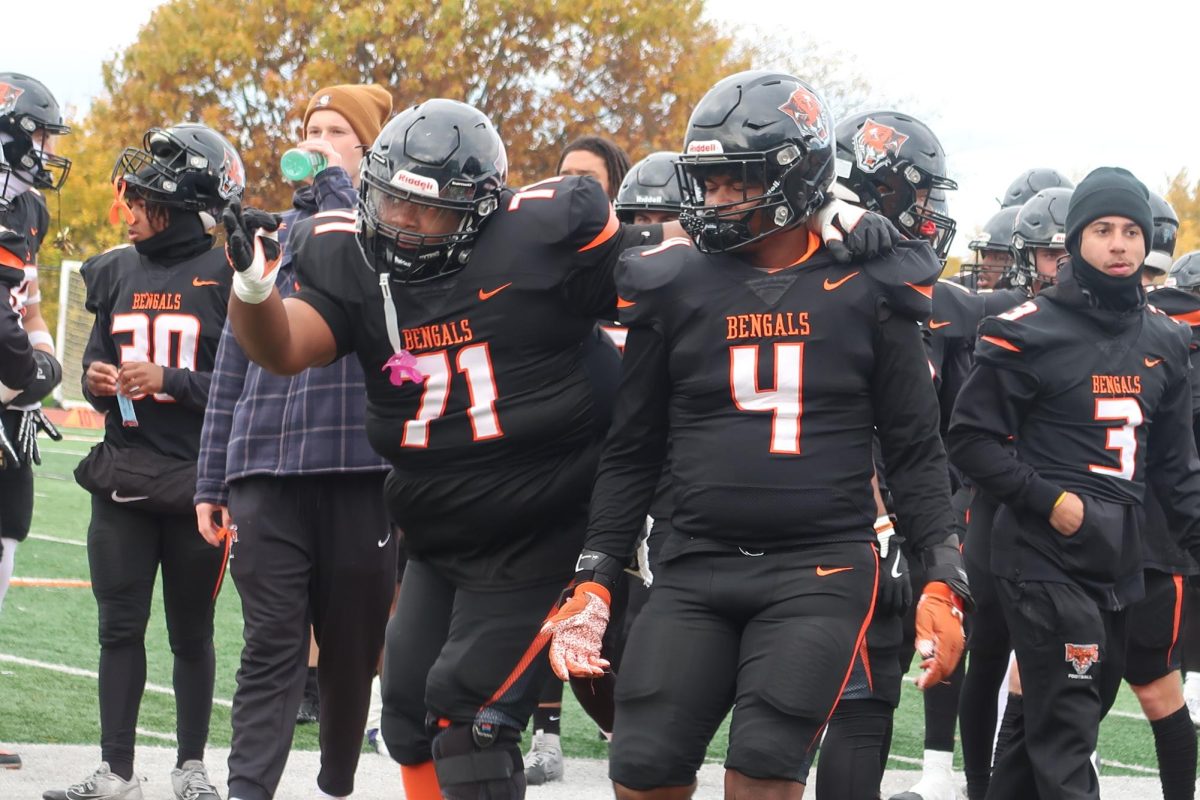It is apparent that topics and discussions related to Diversity, Equity, and Inclusion are essential to a just society that values human rights and respect. More importantly, DE&I, from the perspective of a professional in the field, offers insight into understanding people and the nuances of our humanity. Associate Dean Mike Heflin provides insight about the role intersectionality plays in the field of DE&I, and the way in which the field can be utilized to collectively progress as a society. Though some may disagree with DE&I, it is possible to agree that all people deserve to be respected and deserve a voice in society. Although unfortunate, it is clear that historically, some groups of people such as people of color, LGBTQIA+ folks, and even women were not always granted a voice. DE&I, simply put, is working to change that and create a society that values everyone.
This is part 3 of a 3-part series. The interview was edited to increase clarity and brevity.
5) What role does intersectionality play in your decisions regarding experiences related to DE&I?
I am an educated black man from an impoverished community. I live in a very affluent community as an older gentleman that became educated. I slid on a socioeconomic scale. I have to shift from that single axis of who I am. It’s a framework that encompasses everyone: it’s not just my experiences that I live, but it’s also my experiences that I learned and became educated about affect my decisions. The biggest thing for me is understanding I’m not going to have absolute knowledge of everything. People ask: what’s your education around certain topics? I’m studying for my PhD. My PhD is centered around black males at predominantly white institutions looking at sense of belonging, self-advocacy, and self-efficacy, and if I can provide services that make you feel connected to the institution that’s going to help you stay. The efficacy piece is: if you’re not in classrooms, and there’s the micro-insults or aggressions, you don’t understand how to deal with it. I teach those things, and I help to build up your efficacy. That’s my dissertation, but that doesn’t mean I have absolute knowledge and understanding. However, I come from the perspective that we can learn from everyone. My lived experience is not your lived experience. I don’t know where you’re from and what your values or beliefs, but I can learn from those experiences. So, you have some expertise that I don’t. If I have a student that’s in a seminar that I’m running and they’re from Southeast Asia, and I have no knowledge: who’s the best source of knowledge? The individual that’s sitting there. So, when we talk about intersectionality, it’s everything and everyone that we encounter. We’re weaving through multiple identities.
We must move beyond tokenism such as having one seat at the table and that’s the start of it. True knowledge includes awareness, but it’s also understanding it’s not absolute.
6) How can Diversity, Equity, and Inclusion support the movement toward collective understanding of people with differences, and a society that tolerates everyone? Most pressingly, how can DE&I work toward an equitable society?
First, we have to stop the hate. I think promoting representation. Representation is important and when you have a collection of people and when you start to organize, we have to ask the question: who’s in the room? When you look in the room, it’s females, black females, black men, Latino men, LGBTQ men. But, you see the intersection of those identities. For example, we have the white male in the room, or you could be a black man. However, if you’re a gay black man, you are sharing two different perspectives. So, number one is promoting representation and everything we do. Education is truly important.
Knowledge is not power without application. If you have a lot of knowledge and you’re not applying it to anything, it’s just information. What you do with that information makes it powerful. So, creating safe space for people to have a dialogue. The killing of men by police is the killing of letting people share their thoughts. See, we don’t give a lot of space for people to share their thoughts and we have to have spaces where we can address those things. Another thing, we can move towards equity by addressing systemic barriers. The systemic barriers to success and opportunity have to be identified and then dismantled. I think the DEI initiative is to try to uncover and address these barriers. I think, this way, we’ll become a more equitable society. Another thing is allies often supported Barack Obama’s mission, his initiatives and his vision. Donald Trump, the right wing, not everybody that voted for Donald Trump – there’s a plethora of people who decided that his ideology was on point.
We don’t talk much about the accessibility of disability when we talk about DE&I. Did we take care of our minoritized people? Did we take care of our LGBT people? Did we take care of women? But the focus on accessibility and disabilities are like the stepchild of the DE&I because it’s not highlighted, it’s not illuminated. Do we do a disability awareness month? We might do a disability awareness week. That’s for the people who are working in disability services because they understand how to support those with disabilities.
We’re going to make sure you are represented, and that there’s representation of thought. We have to focus on that. The biggest thing is empowering the voices of these individuals, the minoritized individuals. Their voices still need to be heard.
We talk about victims of these microaggressions or systemic problems that we’ve allowed to be seen and heard and not necessarily did anything about. I ponder how as the administrators and educators and individuals with power, how do we help them with countering microaggressions? How do we tackle economic disparities or inequalities? We have a lot of refugees coming to our country. What are we doing to support and sustain their thoughts, their ideas, their traditions, their values? Once they’re here, they’re part of our community. And I think the other thing is that as a community, we have to understand and be active. We should focus on dismantling discrimination and focus more on anti-racism. We should promote anti racist training, anti-racist development, and anti-discrimination efforts. They have to be in every sector of our communities.







